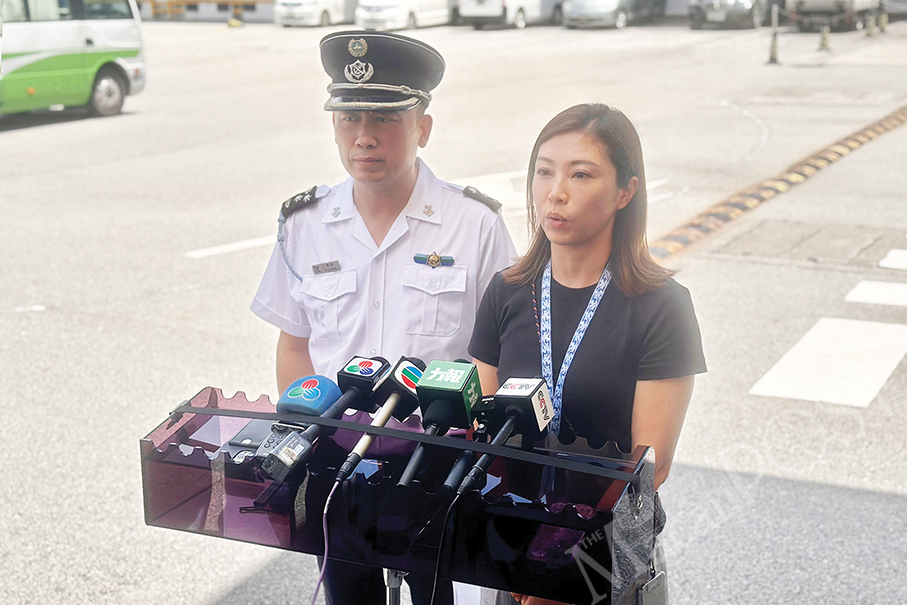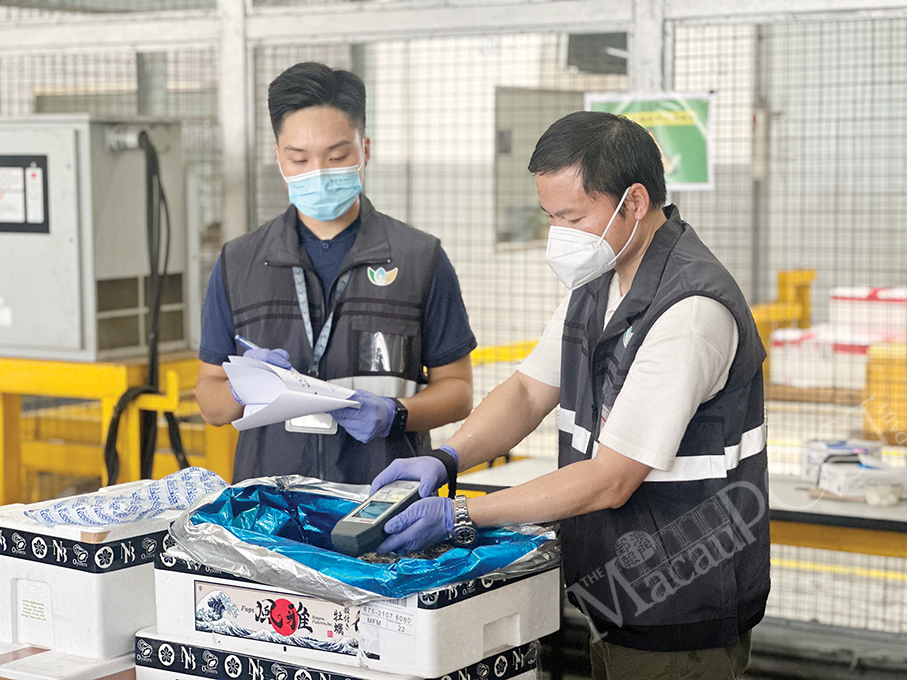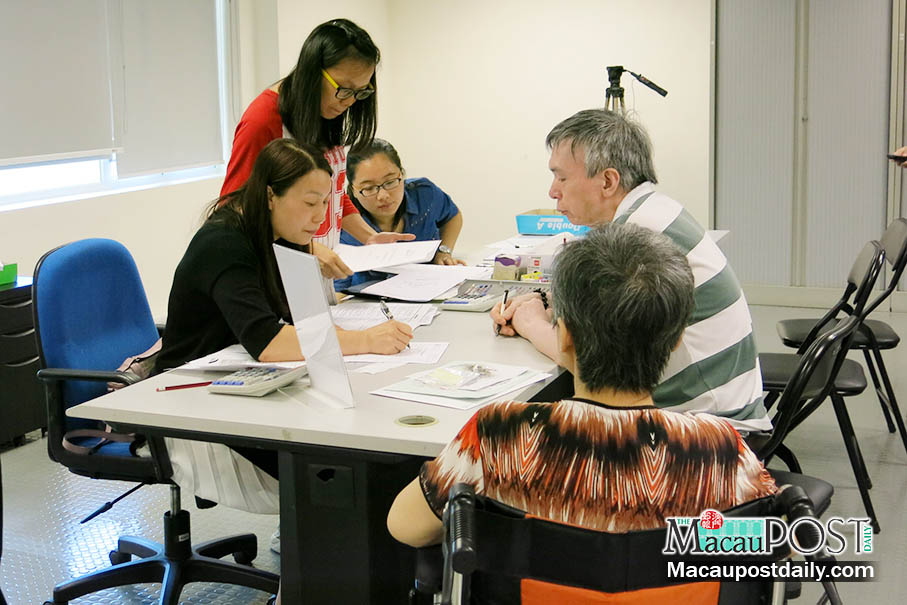Municipal Affairs Bureau (IAM) Food Safety Department Acting Chief Sou Hoi Chi told the media yesterday during a press briefing that the ban on the import of live and fresh food products from 10 areas in Japan – Tokyo, Fukushima, Chiba, Tochigi, Ibaraki, Gunma, Miyagi, Niigata, Nagano and Saitama – was expected to have only a “minor” impact on local consumers and businesses, pointing out that fresh food imports from the nine prefectures and Tokyo Metropolis between January and July this year only totalled about 110 tonnes, mainly consisting of aquatic products, snacks, frozen fish products, ice cream, beef and vegetables, accounting for less than 0.1 percent of Macau’s total fresh food imports.
In response to the Japanese government’s recent announcement of starting to discharge up to 500,000 litres of radioactive water per day from the crippled Fukushima nuclear plant as early as at noon (Macau time) today, Macau’s government decided on Monday to ban from today the import of live and fresh food products, food products of animal origin, sea salt and seaweed from the 10 areas in Japan, covering vegetables, fruit, milk and dairy products, as well as aquatic products, meat products, and eggs, among others, in line with Chief Executive Order No. 134/2023, which was published in the Official Gazette (BO) yesterday.
According to Wikipedia, the Fukushima Daiichi nuclear plant suffered major damage from a magnitude 9.0 earthquake and tsunami that hit Japan on March 11, 2011.
As of Monday, more than 23,000 samples of food imported from Japan had already been tested for radiation, of which 160 were taken for radionuclide testing, according to Sou, who noted that none of the samples was found to be “abnormal”.
Sou made the remarks at the Macau Airport Logistic Business Centre on Avenida do Aeroporto in Taipa after a brief introduction to the media about the bureau’s quarantine measures for live and fresh food products imported from Japan, highlighting that once the relevant food products have been transported to the imported food radiation level inspection area, IAM officials will conduct full coverage radiation level tests of imported Japanese fruit, before carrying out routine health and quarantine procedures and sample testing.
The bureau reaffirmed in a statement yesterday that since the occurrence of the Fukushima Daiichi nuclear accident in 2011, the bureau has suspended the import of food products from Fukushima, while food products from the eight prefectures and Tokyo Metropolis near Fukushima deemed to be of the highest risk are subject to inspection and quarantine in accordance with the current type of import documentation and requirements, accompanied by a radiation monitoring certificate issued by Japan and a certificate of origin. This procedure will end at noon today.
Meanwhile, Kong Hong, who heads the Macau Customs Service’s Taipa and Coloane Customs Inspection Division, yesterday urged residents travelling to Japan not to bring the prohibited food products back to Macau, underlining that local Customs officers will “comprehensively” strengthen their inspection of imported goods in general, as well as items carried by people into the city through local checkpoints, in particular, those carried by persons arriving by air from Japan.
Certain products entering and exiting Macau must be issued with certificates and permits from the competent authorities in advance, said Kong, who called on residents and tourists to acquaint themselves with the relevant regulations.
Kong stressed during the press briefing that the Macau Customs Service will continue to join hands with the Municipal Affairs Bureau to work closely to step up inspections of restaurants in the city, checking their sourcing of food, while also cracking down on shops or restaurants that receive, sell and use banned imported food products, in order to safeguard Macau’s food safety.

Municipal Affairs Bureau (IAM) Food Safety Department Acting Chief Sou Hoi Chi (right) and Kong Hong, who heads the Macau Customs Service’s Taipa and Coloane Customs Inspection Division, brief the press at the Macau Airport Logistic Business Centre on Avenida do Aeroporto yesterday about their entities’ respective measures in response to the local government’s ban on food products from 10 Japanese areas (9 prefectures and Tokyo Metropolis). – Photos: Yuki Lei

Two IAM officials conduct a radiation level test on food products imported from Japan at the imported food radiation level inspection area at the Macau Airport Logistic Business Centre on Avenida do Aeroporto yesterday.








